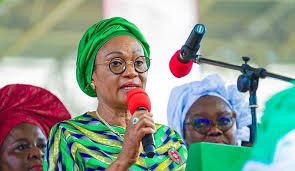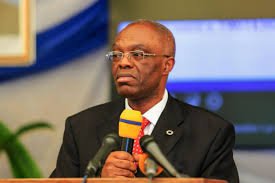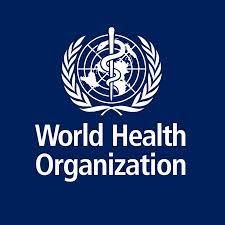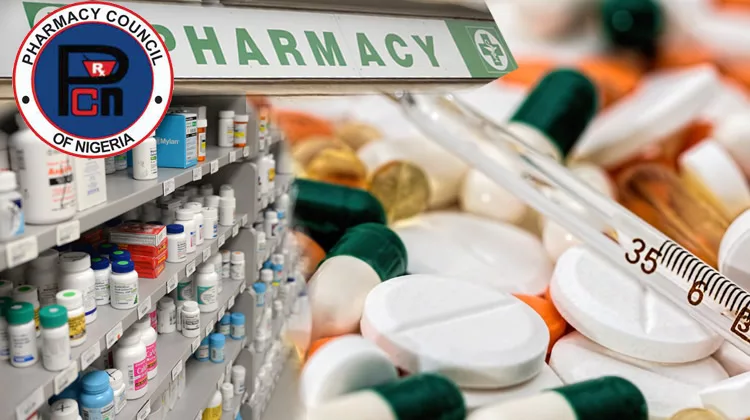With Nigeria ranked sixth highest Tuberculosis-burdened nation of the world the past efforts towards addressing the disease amounted to nothing, (15 Nigerians die hourly) and challenges stakeholders to refocus strategies.
Hussaini Ibrahim Kafi in Kano writes on the new challenges
Nigeria, the most populous country in Africa, is facing a growing and alarming public health crisis—tuberculosis (TB). Once associated with the past, TB continues to take a heavy toll on Nigeria’s health system and population. Despite significant strides in global health over the past few decades, TB remains a leading cause of death in Nigeria. The country is now ranked as the sixth-highest TB-burdened nation globally and the highest in Africa.
TB Crisis
The country’s escalating tuberculosis (TB) crisis demands urgent, unified action. At the 2024 National TB Conference in Abuja, First Lady Oluremi Tinubu called for renewed commitment from the government, civil society, and the private sector to combat the growing TB burden.
In 2023 alone, Nigeria reported over 467,000 TB cases—a staggering 26% increase from the previous year—according to the World Health Organization’s (WHO) 2024 Global Tuberculosis Report.



Tragically, an estimated 15 Nigerians die from TB every hour, contributing to the country’s growing death toll. As a result, Nigeria accounts for about 4.6% of the global TB burden, making it a critical focus in the worldwide fight against the disease.
Mrs Tinubu’s Call
Mrs. Tinubu’s remarks at the conference underscored the urgency of addressing the disease. She urged public-private partnerships (PPPs) and integrated service delivery models to provide a coordinated approach to ending TB. “Despite the progress we have made, the burden of TB remains alarming, particularly in low- and middle-income countries like ours,” she said. The statistics are deeply troubling, but Mrs. Tinubu is not alone in recognizing the need for collective action.

The Reality of Tuberculosis in Nigeria
Tuberculosis is an infectious disease primarily affecting the lungs, caused by the bacterium Mycobacterium tuberculosis. The disease is transmitted through the air when an infected person coughs, sneezes, or even speaks. While TB is preventable and treatable, Nigeria faces a complex web of challenges that make controlling the disease difficult. Despite being the highest TB burdened country in Africa, official data often underestimates the true number of cases, as many Nigerians with TB remain undiagnosed due to poor health infrastructure and limited access to healthcare services.
Under the leadership of President Bola Ahmed Tinubu, the Nigerian government has committed to addressing TB through the Renewed Hope Agenda. This includes ongoing efforts to improve diagnostics and increase the number of people diagnosed and treated. These measures have been bolstered by contributions from civil society organizations (CSOs) and international partners.
In July 2024, the government launched a private-sector partnership aimed at mobilizing funds to fight TB. This initiative secured up to $25 million in commitments, with organizations like the Aliko Dangote Foundation stepping forward to expand health insurance for employees, improving access to healthcare for millions.
WHO
However, despite these efforts, critical gaps remain. The WHO Representative in Nigeria, Dr. Walter Kazadi Mulombo, noted challenges including a significant funding gap in 2023—around 60%. He also pointed to the rising incidence of multidrug-resistant TB (MDR-TB), a more challenging and costly form of the disease.

“Many people in rural areas don’t know what TB is, or they confuse it with malaria or other respiratory infections,” explains Dr. Abubakar Riruwai, a public health expert based in Kano. “There’s a lack of awareness, and for many, access to diagnostic services is limited. Even in urban centers, health facilities are often ill-equipped, and there’s a shortage of trained healthcare workers to identify TB early.”
Increasing Funding: A Call to Action
Mrs. Tinubu and health experts alike have emphasized the importance of sustained investment in TB control. The country’s TB response relies heavily on both domestic and international funding. In this context, there is a growing call for the federal government to increase its budget allocation for TB care. Enhanced funding will support critical activities such as procuring diagnostic tools, expanding treatment centers, and fostering innovations in TB detection and care delivery.
One of the crucial elements of this funding is the role of Non-Governmental Organizations (NGOs). These organizations have been at the forefront of grassroots efforts to raise awareness, conduct community-based screenings, and provide support to TB patients. However, questions remain about whether the Nigerian government is doing enough to encourage and support these NGOs.

The Role of NGOs in the Fight Against TB
NGOs have long played an indispensable role in Nigeria’s healthcare system. However, their efforts are often hindered by a lack of adequate funding, governmental support, and coordination. At the conference, Mrs. Tinubu acknowledged the invaluable contributions of health workers, TB survivors, and civil society actors, calling them “the true heroes of this fight.” But for these heroes to be more effective, the federal government must offer stronger incentives, recognition, and logistical support.
Furthermore, NGOs must be actively involved in policy-making and implementation strategies to ensure that interventions reach the communities most affected by TB. There is a need for greater government-NGO collaboration to create a unified, sustainable response.
Public-Private Partnerships: Learning from Developed Countries
The concept of Public-Private Partnerships (PPPs) has proven effective in developed countries like the United States and the United Kingdom. In these nations, the public and private sectors have successfully joined forces to combat health crises, from drug-resistant TB to HIV/AIDS. PPPs have allowed for innovative solutions, increased funding, and the expansion of healthcare access.
In Nigeria, the launch of private-sector partnerships offers hope, but the challenge remains to make these collaborations as effective as in developed nations. Lessons from the UK and the US suggest that for PPPs to succeed, there must be clear roles, transparent processes, and a shared vision between stakeholders. In Nigeria’s case, this includes ensuring that the private sector contributes not just financially but also through expertise and innovation.
Is Nigeria Doing Enough?
Dr. Riruwai, while acknowledging the progress made in diagnosing and treating TB, believes that Nigeria still faces significant challenges. “With TB-related deaths on the rise and the number of cases increasing, it is clear that more must be done. The health system is under-resourced, and the current infrastructure is insufficient to meet the demands of TB care, especially in rural areas. There is also a need to ensure that people living with TB have access to medication in secondary healthcare settings, which remains a challenge in many parts of the country,” he said.
According to Dr. Bertrand Odume, Chair of the Central Planning Committee, one of the objectives of the conference is to enhance multi-sectoral collaboration and share knowledge to address these gaps. Research and innovation will be key in improving treatment regimens and diagnostics. However, the government must prioritize state-level accountability and allocate resources to ensure that federal initiatives are mirrored at the local level.
Conclusion: A United Front Against TB
The fight against tuberculosis in Nigeria requires a multi-pronged approach that includes increased funding, improved public-private collaborations, and greater involvement of NGOs. With over 467,000 TB cases reported in 2023 and Nigeria continuing to be the highest TB-burdened country in Africa, urgent action is needed. The federal government must significantly increase its investment in TB care, encourage private-sector participation, and create a national campaign to eradicate the disease by 2030.
Ultimately, ending TB in Nigeria is a shared responsibility. It will take sustained effort from every corner of society—from the government to health workers, NGOs, and the private sector. Only by working together can Nigeria hope to meet its global targets and eliminate TB as a public health threat by 2030.



